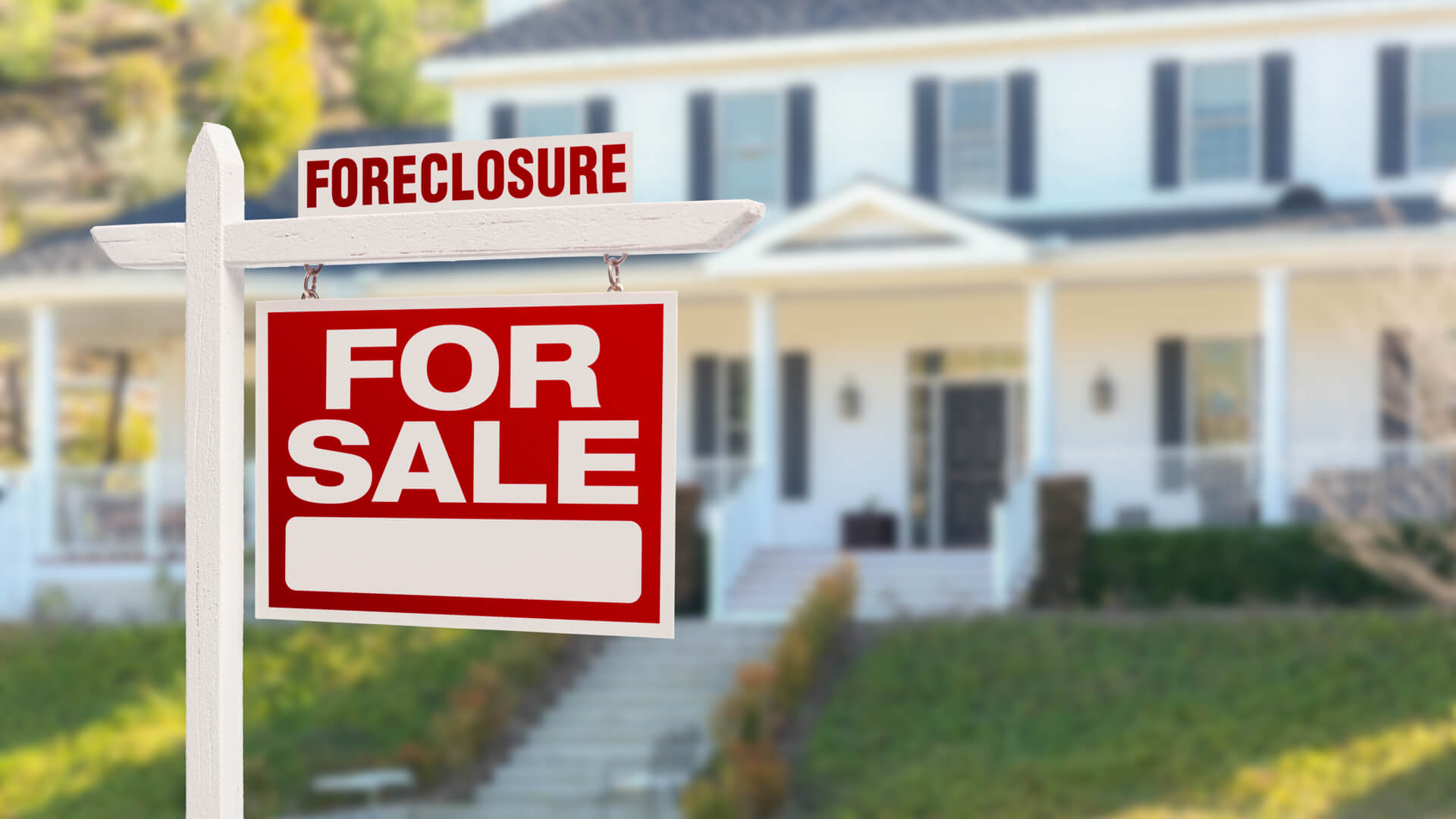
Before you start searching for a contractor, clearly define the scope of your project. Are you planning a complete home renovation, a kitchen remodel, a new addition, or a custom home build? The size and complexity of your project will significantly impact your choice of contractor.
Research and Referrals
Start your search by researching local contractors online. Look for reviews and testimonials on websites like Google, Yelp, and Houzz. Ask for referrals from friends, family, and neighbors who have recently completed similar projects.
Interviewing Potential Contractors
Schedule interviews with several potential contractors. Ask about their experience, licensing and insurance, and their approach to project management. Inquire about their communication style, their availability, and their preferred methods of payment.
Checking References
Contact previous clients listed on the contractor’s references. Ask about their experience working with the contractor, the quality of their work, and whether they would recommend them for future projects.
Reviewing Portfolios and Past Projects
Review the contractor’s portfolio or visit past projects to assess the quality of their work. Pay attention to details such as craftsmanship, attention to detail, and adherence to timelines.
Discussing Contracts and Payment Schedules
Obtain a detailed written contract that outlines the scope of work, materials, timeline, and payment schedule. Be sure to understand all terms and conditions before signing.
Negotiating and Getting Quotes
Obtain quotes from several contractors to compare prices and services. Be prepared to negotiate the contract terms and pricing.
Checking Licensing and Insurance
Verify that the contractor is properly licensed and insured. This protects you from potential liabilities and ensures that the contractor is operating legally.
Building a Strong Working Relationship
Maintain open and consistent communication with your contractor throughout the project. Be clear about your expectations and address any concerns promptly.
Finding the right building contractor is crucial for the success of your project. By conducting thorough research, interviewing potential candidates, and carefully reviewing contracts, you can ensure a smooth and successful building experience.
Additional Tips
- Get everything in writing. This includes the contract, change orders, and any other agreements.
- Don’t pay for the entire project upfront. Use a payment schedule that is tied to the completion of specific milestones.
- Be prepared for unexpected costs. It’s always a good idea to have a contingency fund for unforeseen expenses.
- Trust your instincts. If you don’t feel comfortable with a particular contractor, don’t hesitate to walk away.
Building a home or renovating your property is a significant investment. By choosing the right contractor, you can ensure that your project is completed on time, within budget, and to your satisfaction.

